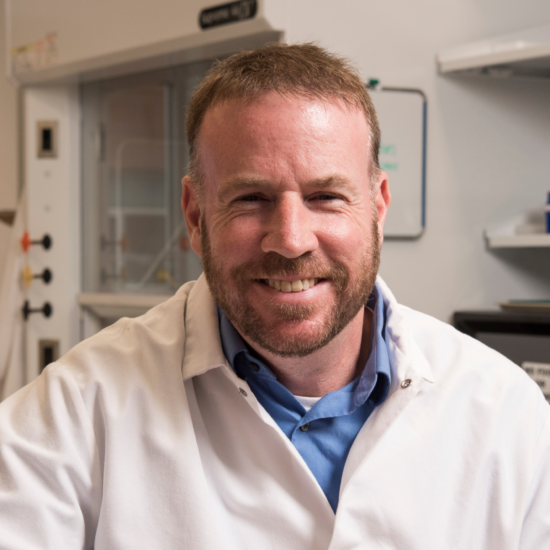MAJOR RESEARCH TOPICS
Addiction
Autism
Brain Structure and Function
Cognitive Performance and Well-Being
Concussions and TBI
Dementia and Alzheimer’s Disease
Eating Disorders
Health Inequities
Memory
Suicide Awareness and Prevention
Trauma and Violence
Addiction
Mason researchers are examining the impacts of drug use, with a focus on opioids and alcohol. This includes investigating the relationship between addiction and neuron communication in the forebrain, the role of emotional arousal and regulation in the development of substance use in adolescence, brain mechanisms contributing to relapse, and the motives and underlying factors associated with addictive behaviors.
Tools are being developed to efficiently screen for substance use and depressive disorders. They are also developing innovative technologies, including human-centered wearables, to assist with interventions and treatments.
Being embedded in communities to provide interprofessional care for underserved populations is one of Mason’s top priorities. In addition, Mason researchers are creating new mental health protocols for individuals in the justice system, such as providing guidance for substance use disorder intervention.
Related Faculty
Autism
Utilizing social cognitive neuroscience, genetics, and the latest advancements in neuroimaging, Mason researchers are examining the risk factors and elucidating the development of autism. Additionally, researchers are performing studies to inform the development of effective treatment plans, more accurately predict outcomes, and adapt curriculum to better serve the needs of children with autism.
Related Faculty
Brain Structure and Function
Mason researchers are working on the structural characterization of neurons to uncover new knowledge about cognitive functions such as learning and memory and pathological conditions such as epilepsy and Parkinson’s disorder. They have created publicly available resources, including 3D models of neurons and the hippocampus, software for simulating neuron signaling pathways, and a regularly updated modeling tool that contains digitally-reconstructed neurons from laboratories around the world. Additionally, cholinergic signals in cells, the interaction of dopamine with other inputs to understand how the basal ganglia contribute to learning processes, and the relationship between dopamine levels, Parkinson’s Disease, and addiction, are being investigated.
Related Faculty
Cognitive Performance and Well-Being
Mason researchers are observing the various components of the learning process and how they influence intelligence, cognitive development, and self-regulation. In addition to evaluating social skills and emotional regulation in children, researchers are also working to understand social cognition, beliefs, and what drives behavior in broader populations.
To support individuals in the workforce, Mason researchers are prioritizing widely disseminating workforce research findings and providing guidance on how to optimize cognitive performance. They are also investigating ways to improve mental and physical resilience through innovative approaches, including utilizing the arts to assist with servicemember transitions to civilian communities, as well as studying the impact of sleep deprivation on mental health and cognitive function.
Related Faculty
Concussions and TBI
Mason researchers are working to improve the prevention, diagnosis, and treatment of traumatic brain injury across the life span. Physiological and functional changes in the brain are being investigated using fMRIs and EEGs to assess the impacts to the temporal region of the brain after a concussion. Research teams are assessing concussion frequency, quantifying the magnitude of head impacts, and searching for biomarkers in saliva to detect concussive and sub-concussive events. The biomarkers provide a non-subjective measurement to inform clinical judgment, including how well a patient has healed from a concussion injury and return-to-play decisions. They are also developing new therapeutic treatments for concussions and TBIs.
Related Faculty
Dementia and Alzheimer’s Disease
Mason researchers are working to further understand how the brain is altered in individuals suffering memory deficits, ranging from those with mild cognitive impairment to Alzheimer’s disease patients. They are identifying predictive protein biomarkers and developing advanced MRI image processing techniques to detect early stage Alzheimer’s Disease. In addition, investigators are developing treatments to slow the disease’s progression and increase quality of life.
Related Faculty
Eating Disorders
Our researchers are examining the motives and underlying reasons for binge drinking and eating and whether psychological profiles, distress, or impairment are significant.
Related Faculty
Health Inequities
Mental health that is impacted by our social, geographic, and economic environments is being investigated in vulnerable, diverse, and underrepresented communities. Interventions to address the needs of these communities are also being developed.
Related Faculty
Memory
Examining how and where the brain stores information and experiences involving memories, time, and space is a primary focus of Mason researchers. They are investigating physical changes in the structure of the brain as new memories are collected and stored, mechanisms involved in memory formation, as well as mapping the areas responsible for social cognition and the perception of time.
Related Faculty
Suicide Awareness and Prevention
Adolescents are at a higher risk of non-suicidal self injury and other risky behaviors due to multiple factors, including heightened sensitivity to the feelings of reward and gratification in the brain. For teens and young adults who are exhibiting suicidal warning signs, Mason has developed and deployed a “gatekeeper training program” targeting students and collegiate peers to raise awareness of the danger signals of suicide.
Mason researchers are also creating a model to predict the risk of suicide and/or intentional self-harm in veterans based on social determinants of health and their history of mental illness, with a special interest in older veterans.
Related Faculty
Trauma and Violence
Mason researchers are evaluating the impact of trauma and violence beginning in early childhood. For example, they are studying the neural response in children to negative parenting and its correlation with substance use and depressive symptoms. They are also working with individuals who have experienced posttraumatic stress disorder (PTSD) and are examining the interpersonal effects of trauma, stress, and anxiety to help better understand people’s symptoms.
Using a social epidemiological framework, researchers are investigating interpersonal violence and sexual assault survivor populations to improve victim response and increase knowledge of the effects on reproductive and mental health.
Related Faculty
RESEARCH CENTERS

The Center for Adaptive Systems of Brain Body Interactions (CASBBI) aims to improve function and quality of life for individuals with physical and psychosocial disabilities, such as chronic pain and substance misuse disorders, across the lifespan.
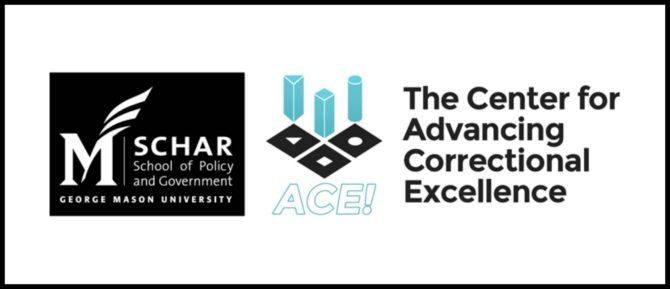
The Center for Advancing Correctional Excellence (ACE!) focuses on researching evidence-based practices and treatments that practitioners and policymakers can utilize in the criminal justice and health fields.

The Center for Advancement of Well-Being engages in research that enhances the understanding of well-being and offers a wide range of programs and resources.
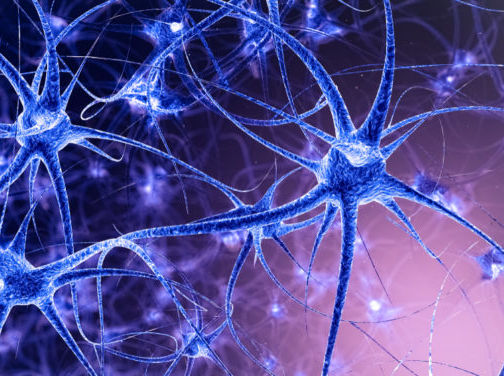
The Center for Neural Informatics, Neural Structures, and Neural Plasticity (CN3) investigates the relationship between brain structure, activity, and function, with a specific focus on learning and memory.
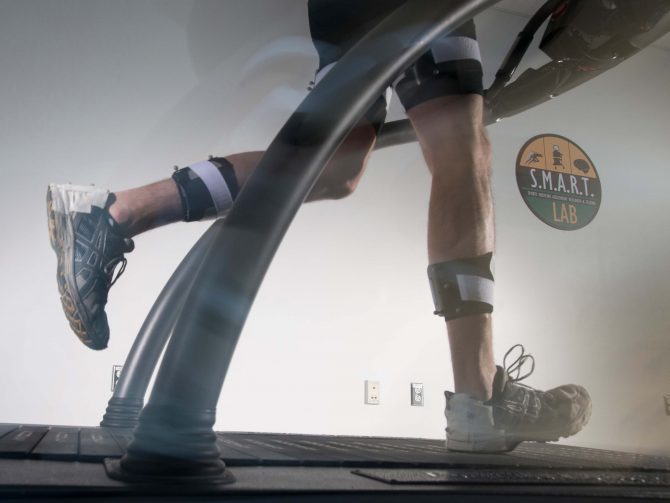
The SMART Lab seeks to improve the quality of life for all individuals through the creation and enhancement of prevention, recognition, and treatment practices of injury and disease.
SERVICES AND OUTREACH

The Center for Psychological Services is a community-located and community-serving office that offers a range of psychological services, as well as acting as a training clinic and field placement for students.
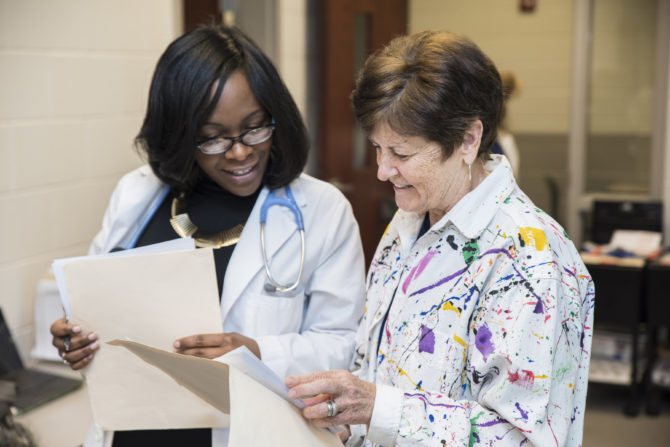
The Mason and Partners (MAP) Clinics provide direct medical, social, and behavioral health services, as well as referral and resource navigation, to uninsured, immigrant, and refugee communities in Northern Virginia.
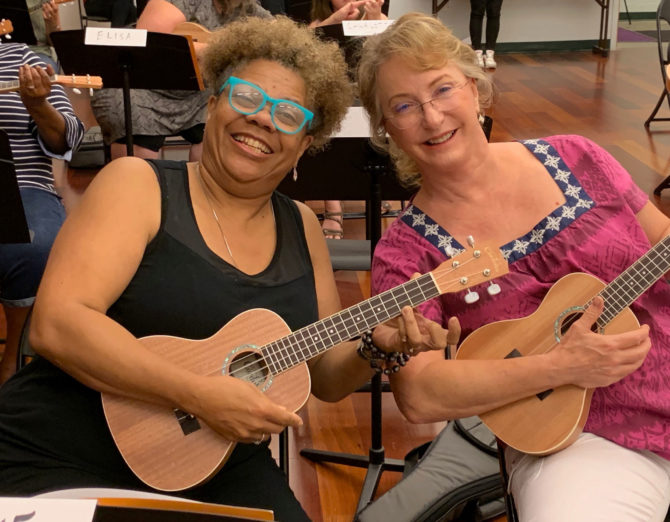
The Veterans and the Arts Initiative offers free, hands-on arts workshops, exhibitions, and concerts for veterans, servicemembers, their families, and military caregivers to support creative expression and community engagement.







































